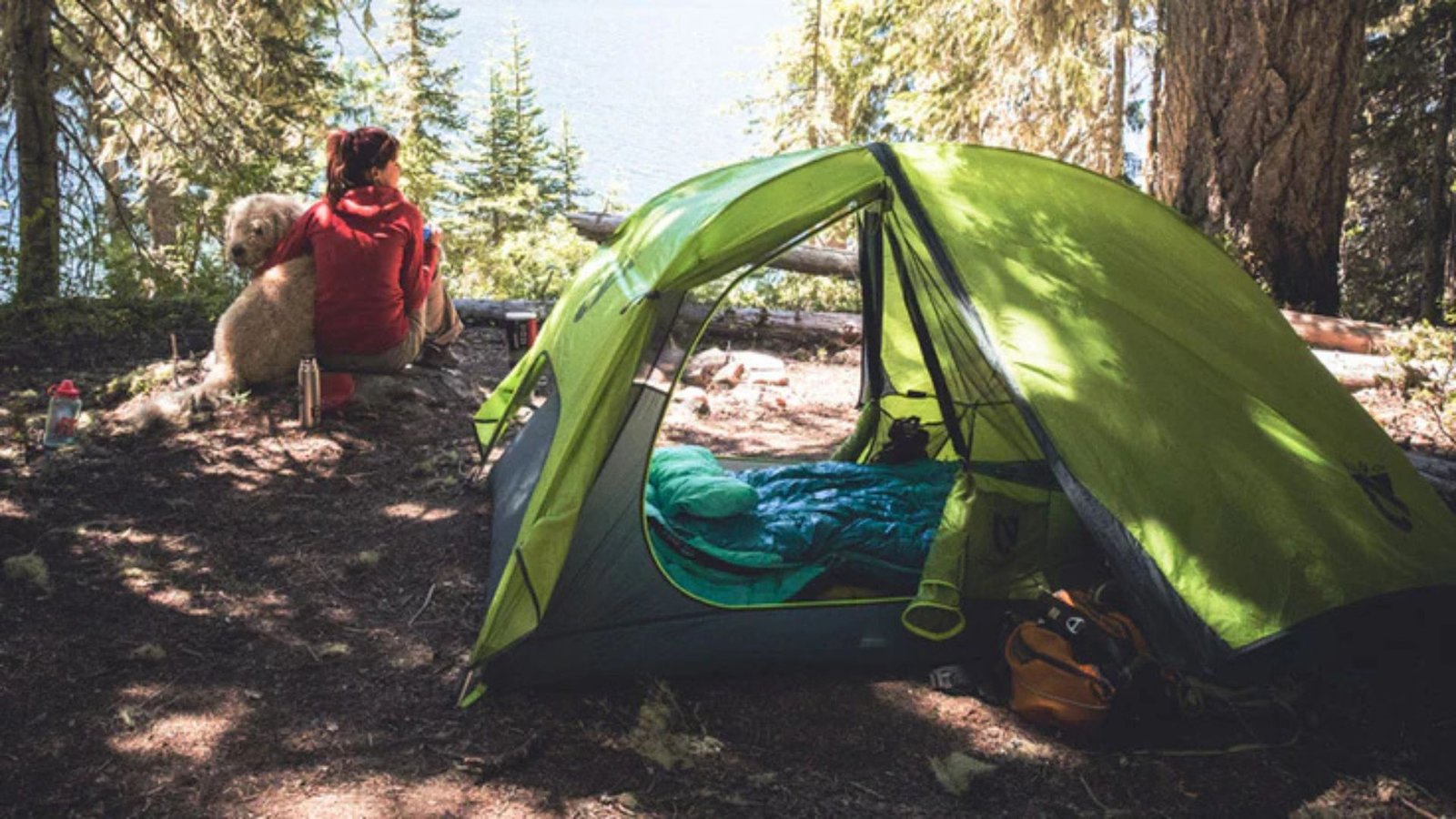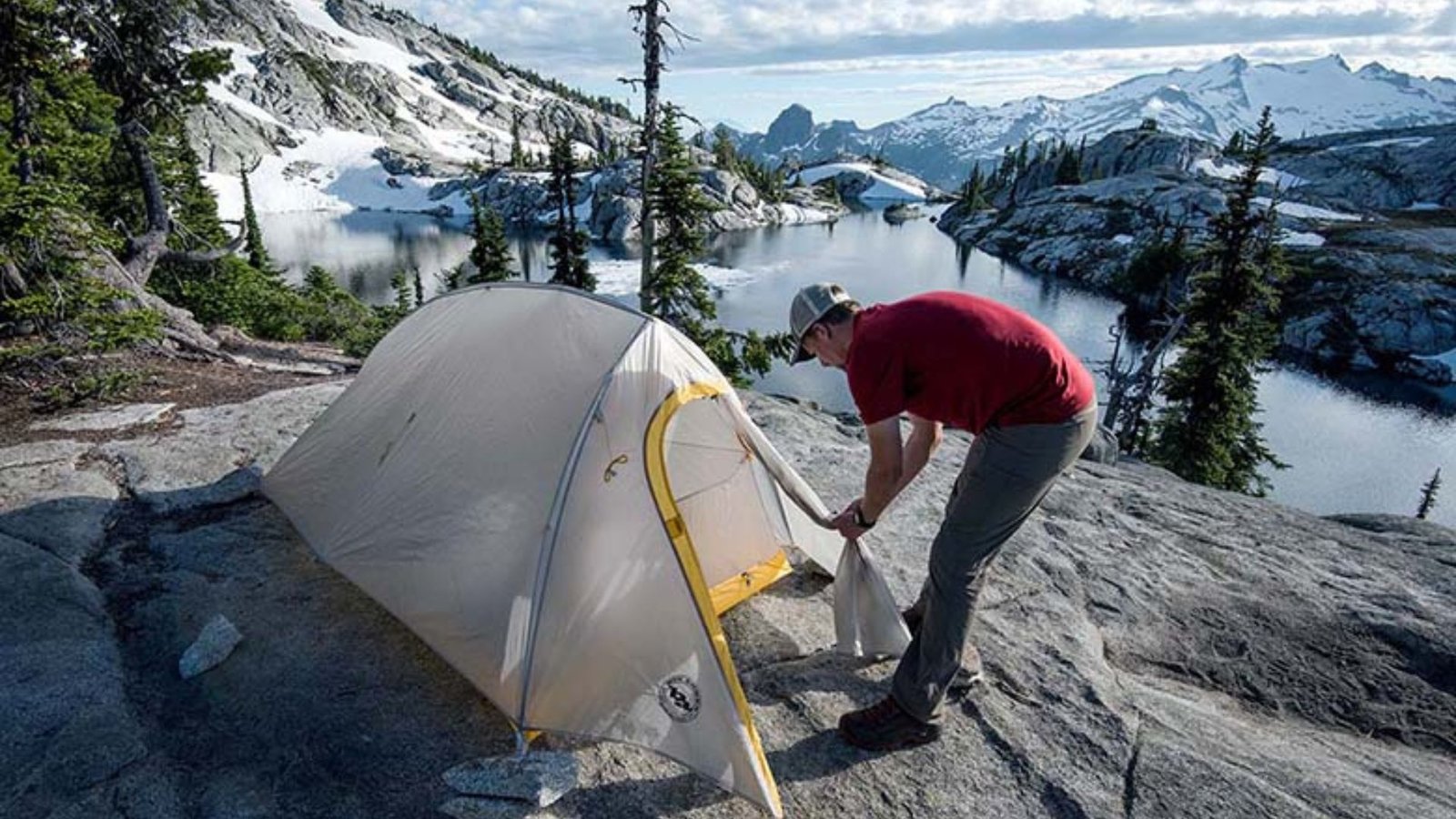When planning an overnight hike, one of the most crucial decisions is how to choose a tent for overnight hikes. A good tent can make your experience more enjoyable, while a poor choice can lead to discomfort and sleepless nights. In this article, we’ll guide you through the important factors to consider when selecting a tent that fits your needs for those memorable nights under the stars.
Understanding Tent Types
The first step in how to choose a tent for overnight hikes is understanding the different types of tents available. Each type is designed for specific conditions and activities.

1. Backpacking Tents: These tents are lightweight and easy to pack. They are perfect for overnight hikes where you need to carry your gear. Look for a tent that is compact yet spacious enough for you and your gear.
2. Car Camping Tents: If you plan to drive to your hiking spot, you can afford a heavier, more spacious tent. These tents offer more comfort but are not as portable.
3. Four-Season Tents: Designed for extreme weather conditions, four-season tents are sturdy and can withstand snow and high winds. These are ideal if you plan to hike in harsh environments.
Weight Matters
When considering how to choose a tent for overnight hikes, weight is a key factor. The heavier the tent, the more effort you will need to carry it. Look for lightweight materials, such as nylon or polyester, which provide durability without adding extra weight. A good rule of thumb is to aim for a tent that weighs around 2 to 4 pounds for solo hiking.
Size and Capacity
Another important consideration is size. Choose a tent that fits your needs comfortably. Most tents come with a specific capacity rating (like 1-person, 2-person, etc.). For solo hikers, a 1-person tent might suffice, but a 2-person tent can offer extra space for gear. Keep in mind that some tents feel cramped, so it’s wise to check reviews for spaciousness.
Weather Resistance
When selecting a tent, pay close attention to its weather resistance. You want a tent that can protect you from rain, wind, and unexpected weather changes. Look for tents with waterproof ratings (measured in millimeters) and consider features like rain flies and seam-sealed construction. A good tent should keep you dry and comfortable during your overnight hike.
Ventilation Features
Ventilation is crucial for comfort while camping. Proper airflow prevents condensation from building up inside the tent, which can lead to a damp sleeping environment. Look for tents with mesh panels and adjustable vents. This feature becomes especially important in warm weather, as it helps keep the tent cool.
Setup and Take Down
Nobody wants to struggle with a complicated tent setup after a long day of hiking. Consider the ease of setting up and taking down the tent. Look for tents that have color-coded poles or pop-up designs, which can save time and frustration. Practicing setting up your tent at home can also help you become familiar with the process.
Durability and Materials
The materials used in a tent affect its durability and performance. Look for tents made with high-denier fabric, as they are generally stronger and more resistant to wear and tear. Additionally, check the pole materials; aluminum poles are typically lighter and more durable than fiberglass.
Budget Considerations
Your budget will play a significant role in how to choose a tent for overnight hikes. Tents can range in price from very affordable to high-end models. While it’s tempting to go for the cheapest option, remember that investing in a quality tent can enhance your hiking experience and provide better durability. Aim for a tent that meets your needs within your budget.
Additional Features to Consider
When selecting a tent, consider extra features that could enhance your camping experience. Pockets for gear organization, vestibules for storing shoes, and hooks for lanterns can all add convenience. Some tents even come with a built-in footprint for extra protection against the ground.
Conclusion
Choosing the right tent for overnight hikes is essential for a comfortable and enjoyable experience in nature. By understanding the types of tents, considering weight, size, weather resistance, and ventilation, you can make an informed decision. Remember to factor in durability and your budget, as well as additional features that could enhance your camping experience. With the right tent, you’ll be well-prepared for many nights under the stars.










